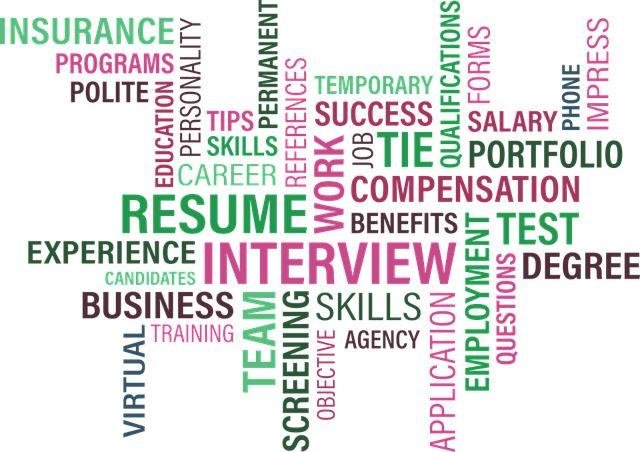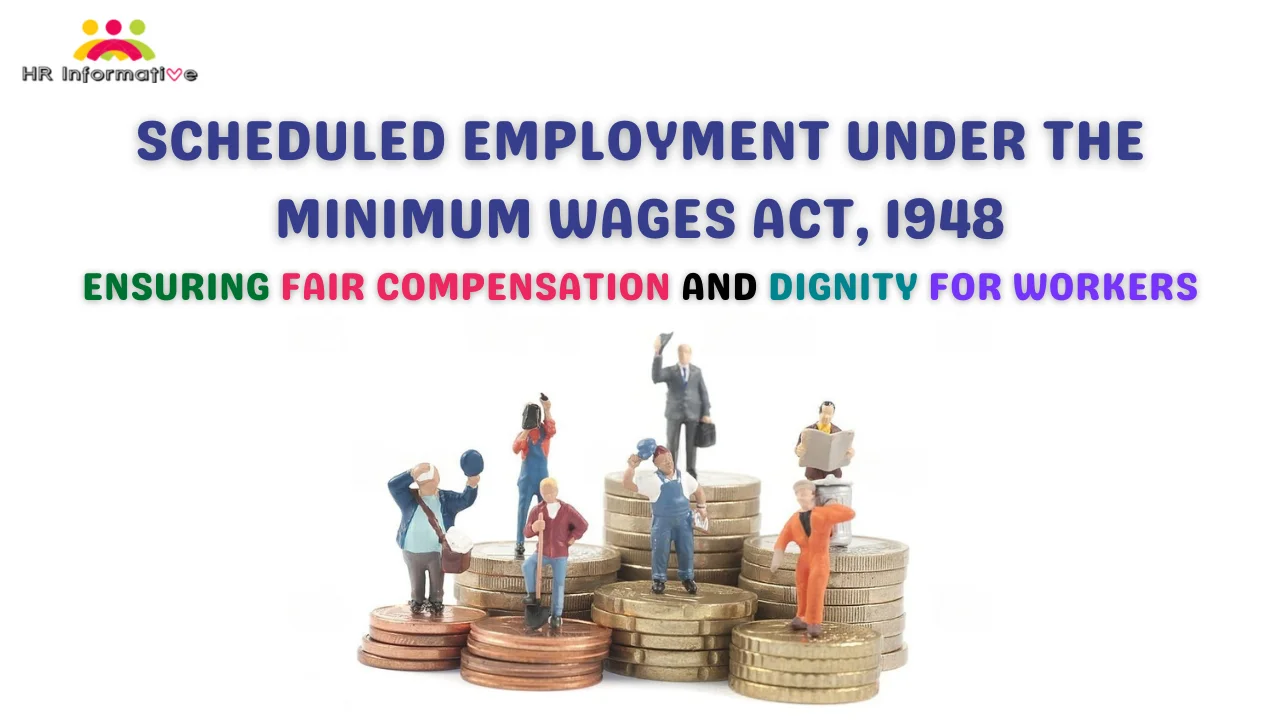Introduction
In the current highly competitive job market, simply having qualifications and experience is not sufficient to distinguish oneself from others. Employers are increasingly recognizing the importance of personality traits and how they can impact an individual’s success in the workplace. This article explores the correlation between personality types and employment, highlighting how understanding your own personality type can give you an edge in the hiring process.
I. The Role of Personality in Hiring
1. Why Personality Matters
In addition to technical skills, employers seek candidates who can fit into their company culture and work effectively within teams. Personality traits such as communication, adaptability, and leadership skills are highly valued in various industries. By evaluating a candidate’s personality during the hiring process, employers aim to identify individuals who can contribute positively to their organization.
2. The Rise of Personality Assessments
To assess personality traits accurately, many employers now utilize personality assessments and tests. These tools provide valuable insights into an individual’s strengths, weaknesses, and overall compatibility with a specific role or team. Understanding these assessments and how they relate to your personality type can help you navigate the hiring process more effectively.
II. Personality Types and Their Impact on Employment
1. The Myers-Briggs Type Indicator (MBTI)
The MBTI is a widely used personality assessment tool that categorizes individuals into 16 different personality types. Each type is characterized by unique traits, preferences, and tendencies. Understanding your MBTI type can offer valuable insights into your work style, communication preferences, problem-solving approach, and leadership potential.
2. Extroversion vs. Introversion
Extroverted individuals tend to thrive in roles that involve networking, teamwork, and client interactions. On the other hand, introverted individuals excel in roles that require focused work, analysis, and attention to detail. By recognizing whether you lean towards extroversion or introversion, you can seek opportunities that align with your strengths.
3. Thinking vs. Feeling
People with a thinking preference prioritize logic, analysis, and objective decision-making. In contrast, those with a feeling preference prioritize empathy, collaboration, and subjective decision-making. Recognizing your thinking-feeling preference can help you identify roles that align with your natural decision-making style.
4. Sensing vs. Intuition
Individuals with a sensing preference focus on facts, details, and practicality. They excel in roles that require accuracy, organization, and hands-on work. Conversely, individuals with an intuition preference thrive in roles that involve strategic thinking, innovation, and future-oriented planning. Identifying your sensing-intuition preference can guide you towards careers that capitalize on your cognitive strengths.
5. Judging vs. Perceiving
People with a judging preference prefer structure, planning, and closure. They excel in roles that require organization, time management, and decision-making. Those with a perceiving preference prefer flexibility, adaptability, and open-ended possibilities. Understanding your judging-perceiving preference can help you find work environments that align with your preferred level of structure.
III. Utilizing Your Personality Type in Job Search
1. Self-Assessment
Before embarking on a job search, take the time to assess your own personality type. Reflect on your strengths, weaknesses, preferences, and values. Understanding yourself will enable you to target roles and companies that align with your personality and work style.
2. Tailoring Your Application Materials
Once you have a clear understanding of your personality type, customize your resume, cover letter, and online profiles to highlight relevant traits and experiences. Use language that resonates with your personality type, emphasizing your unique strengths and abilities.
3. Interview Preparation
During the interview process, be prepared to discuss how your personality type aligns with the company’s values and the requirements of the role. Highlight specific examples from your past experiences that demonstrate your personality traits in action. Show the interviewer how your unique characteristics can contribute positively to the organization.
Conclusion
In today’s competitive job market, understanding your personality type can significantly enhance your chances of getting hired. By recognizing your strengths, weaknesses, and preferences, you can target roles that align with your personality, increasing your job satisfaction and overall success. Remember, it’s not just about what you bring in terms of skills and qualifications but also how well you fit within the company’s culture and work dynamics. Embrace your unique personality type and let it shine during your job search and interviews, paving the way for a rewarding and fulfilling career.
FAQs
Q1: What is the significance of personality types in the hiring process?
Ans: Personality types play a crucial role in the hiring process as they help employers assess how well a candidate will fit into their organization’s culture and work effectively with others. They provide insights into an individual’s communication style, problem-solving approach, leadership potential, and overall compatibility with the role and team.
Q2: How can understanding my personality type benefit me in getting hired?
Ans: Understanding your personality type can benefit you in several ways. It allows you to identify your strengths, weaknesses, preferences, and values, helping you target roles that align with your natural inclinations. By highlighting your unique traits and experiences that resonate with your personality type, you can tailor your application materials and stand out among other candidates. Additionally, during interviews, you can effectively demonstrate how your personality traits can contribute positively to the company.
Q3: Which personality assessment tools are commonly used by employers?
Ans: The Myers-Briggs Type Indicator (MBTI) is one of the most widely used personality assessment tools in the hiring process. It categorizes individuals into 16 different personality types based on their preferences and tendencies. Other popular assessment tools include the Big Five Personality Traits, DISC assessment, and the Enneagram.
Q4: How does extroversion or introversion impact employment?
Ans: Extroverted individuals tend to thrive in roles that involve social interaction, teamwork, and networking. They excel in positions such as sales, marketing, and customer service. Introverted individuals, on the other hand, often excel in roles that require focused work, analysis, and attention to detail. They may find success in fields like research, programming, or accounting.
Q5: Can personality types affect decision-making styles in the workplace?
Ans: Yes, personality types can influence decision-making styles in the workplace. Individuals with a thinking preference prioritize logic and objective analysis when making decisions. On the other hand, individuals with a feeling preference prioritize empathy, collaboration, and subjective factors. Recognizing your decision-making style can help you identify roles and environments that align with your natural approach.
Q6: How can I utilize my personality type during a job search?
Ans: To utilize your personality type during a job search, start by conducting a self-assessment to understand your strengths, weaknesses, preferences, and values. Customize your application materials, such as your resume and cover letter, to highlight relevant traits and experiences. During interviews, demonstrate how your personality type aligns with the company’s values and the requirements of the role. Showcase specific examples from your past experiences that showcase your personality traits in action.
You May Read Also :



